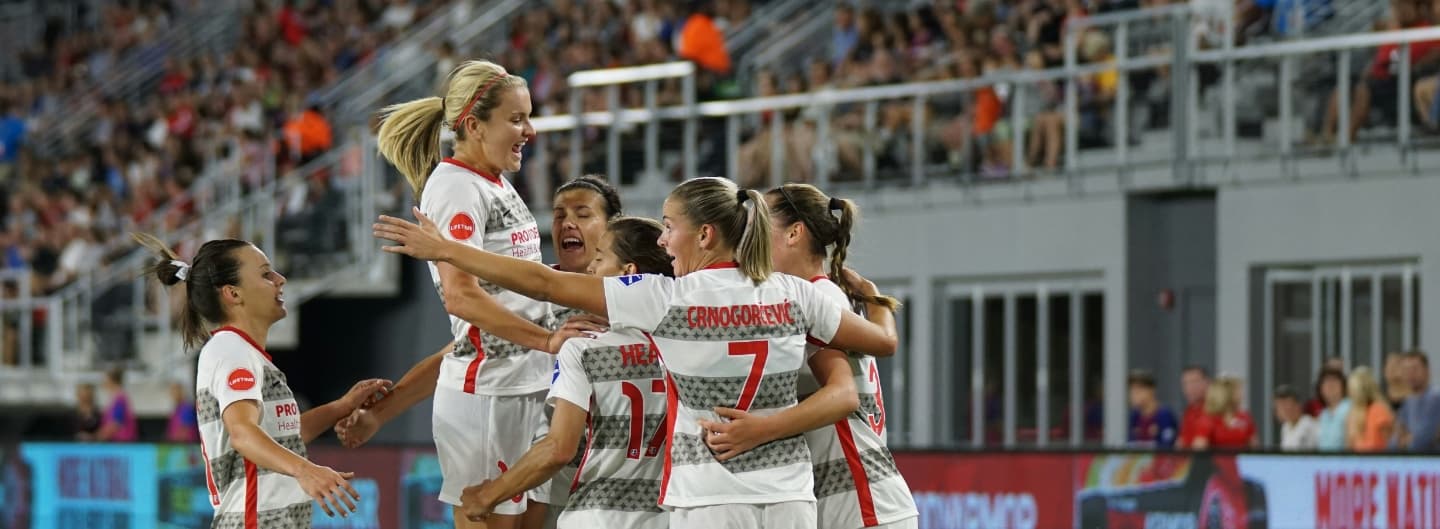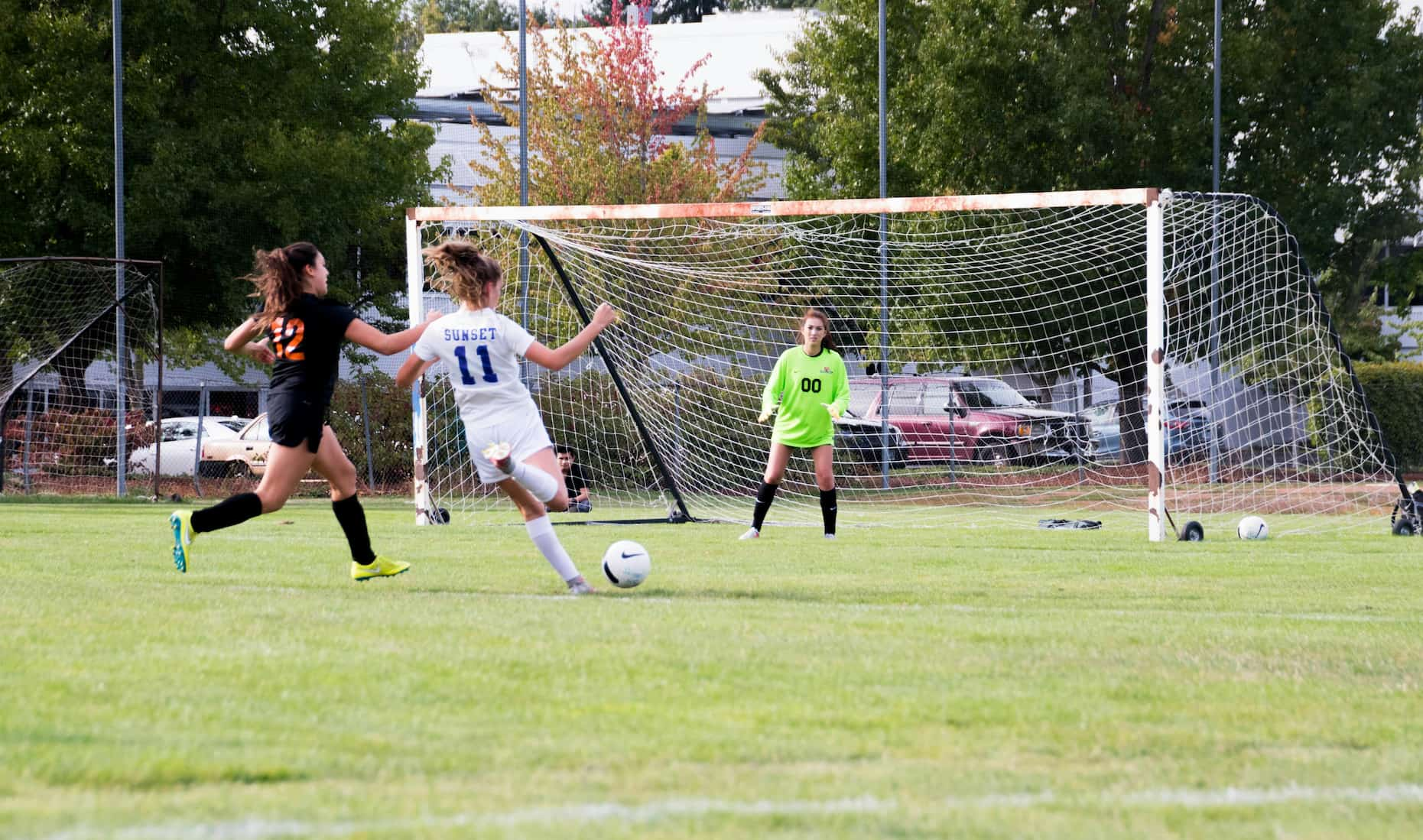Burdened and Branded:
The Global Paradox of Women’s Football
By Dr. Carole Myers | Unfiltered Insights
Around the world, women’s football is finally getting the attention it has long deserved. Major tournaments are setting new attendance records. Sponsorship is increasing. Players are no longer invisible. But as visibility grows, so does the pressure placed on the women who embody this progress.
Brazil 2027: Inclusion Framed as Natural
In May 2024, Brazil was awarded the 2027 FIFA Women’s World Cup. The campaign slogan—“As natural as football”—positioned women’s football as an organic, inevitable extension of Brazil’s footballing identity. The bid’s visuals were bold and bright, highlighting Afro-Brazilian players, emotional unity, and national pride. To global eyes, it looked like progress. But behind the branding lies a deeper contradiction. Women were banned from playing football in Brazil until 1979. Even after the ban was lifted, their participation was marginalised—excluded from the footballing image that Brazil so proudly exports. The 2027 bid may correct that history symbolically, but it still relies on an
aesthetic of femininity that is emotionally resonant, yet at the same time, culturally constrained. Women are welcomed into football, but in a way that feels familiar, beautiful, and non- threatening. They are visible—but on pre-existing terms, reflecting deeply embedded gender hierarchies. This is the femininity paradox in action.

Empowerment, but Only If It Inspires
The paradox isn’t just visual. It’s built into how brands and governing bodies talk about women’s sport. Campaigns promoting the women’s game often celebrate values like joy, unity, resilience, and inspiration. These values are important—but they also serve to feminise the power of women’s sport. Visibility becomes conditional on traditional values associated with femininity: women are celebrated when they uplift others, when they radiate emotional strength, when they represent something bigger than themselves.
This burden of symbolic representation is heavy. It positions female players not only as athletes, but as moral counterpoints to the men’s game—an antidote to corruption, ego, and excess. In this framing, women are asked to “fix” football’s reputation, while still fighting for equal pay, facilities, and media coverage. Empowerment, in this context, becomes both a spotlight and a straitjacket.

A Global Pattern: Mary Earps as Case in Point
This isn’t just a Brazilian issue. It’s part of a broader global pattern. The experience of England’s Mary Earps—while not connected to Brazil 2027—offers a striking example of how the femininity paradox manifests.
Mary Earps rose to prominence during the 2023 World Cup and quickly became a central figure in the sport: a vocal advocate for equity, a role model for young girls, and a challenger of institutional oversight. Her public callout of Nike for failing to stock goalkeeper shirts became a defining moment in the tournament’s cultural story. She has drawn the media to her through her authenticity and strong voice. And for good reason: she’s articulate, emotionally intelligent, and unafraid to lead. But what’s often overlooked is just how much labour is involved in becoming that kind of figure.
Mary Earps, like many others, has become a standard-bearer for progress in women’s football—but without always receiving the structural backing to support that role. She is reminiscent of a first-wave feminist or suffragette: courageous, strategic, and deeply committed. But her visibility also reflects the absence of a system designed to share that burden. Indeed, leaders such as Mary Earps herald changes in women’s football and guide commercial entities to represent women more fairly.
Around the world, female players are being asked to carry not just teams, but movements. When we celebrate their resilience without fixing the systems that make resilience necessary, we risk turning empowerment into something instrumental. Ultimately, it shouldn’t fall to individuals. But in a world where money talks—and where money is still entangled with traditional gender values—the burden often does. It’s exhausting. And it’s unfair.

So what can be done?
There’s no simple checklist—but there are foundational shifts that brands, sponsors, and agencies can embrace to create more meaningful, lasting impact.
Start with cultural literacy.
Truly inclusive campaigns begin with understanding. That means recognising the deeper histories, values, and social contexts that shape how women’s sport is represented—and received. Cultural literacy isn’t a ‘nice to have’—it’s essential to avoid missteps and build
genuine connection.
Treat visibility as a starting point, not the goal.
Raising the profile of women’s sport is important—but without supporting the structures behind it, visibility risks becoming symbolic rather than transformative. Invest in systems: grassroots programmes, equitable pay, training access, and media representation.
Build with—not for—communities.
Representation should come from collaboration, not projection. Bring players, fans, and underrepresented voices into the process early—not just as subjects of the story, but as
strategic partners in shaping it.
Interrogate your intentions—and their implications.
Good intentions matter. But they must be matched with critical reflection. Ask: who is this campaign really for? What assumptions are embedded in the imagery or language? What long-term change might this work support—or suppress?
At Unfiltered Insights, we help brands and rights holders navigate these questions with care and confidence. When cultural strategy is grounded in insight, not assumption, inclusion becomes more than a message—it becomes a method.

We’re Here to Help You Get it Right
At Unfiltered Insights, we believe most brands and agencies genuinely want to support women’s football in an ethical, sustainable way. We don’t think they deliberately reproduce outdated gender norms. But we also know that they operate within systems that do.
Our job is to help you navigate that system more consciously—to turn good intentions into meaningful cultural strategy. That means asking the right questions, listening carefully to the women at the heart of the game, and building stories that reflect both the reality and the promise of women’s sport.
From Branding to Legacy
Our Tackling the Pitch insight programme is designed to support sponsors, agencies, and rights holders ahead of the 2027 World Cup. We provide cultural reports, social listening, campaign reviews, and interviews with players, fans, and journalists—connecting surface visibility to structural insight. Because this isn’t just about getting it right for one tournament. It’s about contributing to a sporting culture where women are no longer burdened by representation—but freed by it.
Want to go deeper?
Join our Tackling the Pitch programme to explore how cultural strategy can help your brand lead with meaning ahead of FIFA 2027.
Contact Dr. Carole Myers at carole.myers@unfiltered-insights.com




